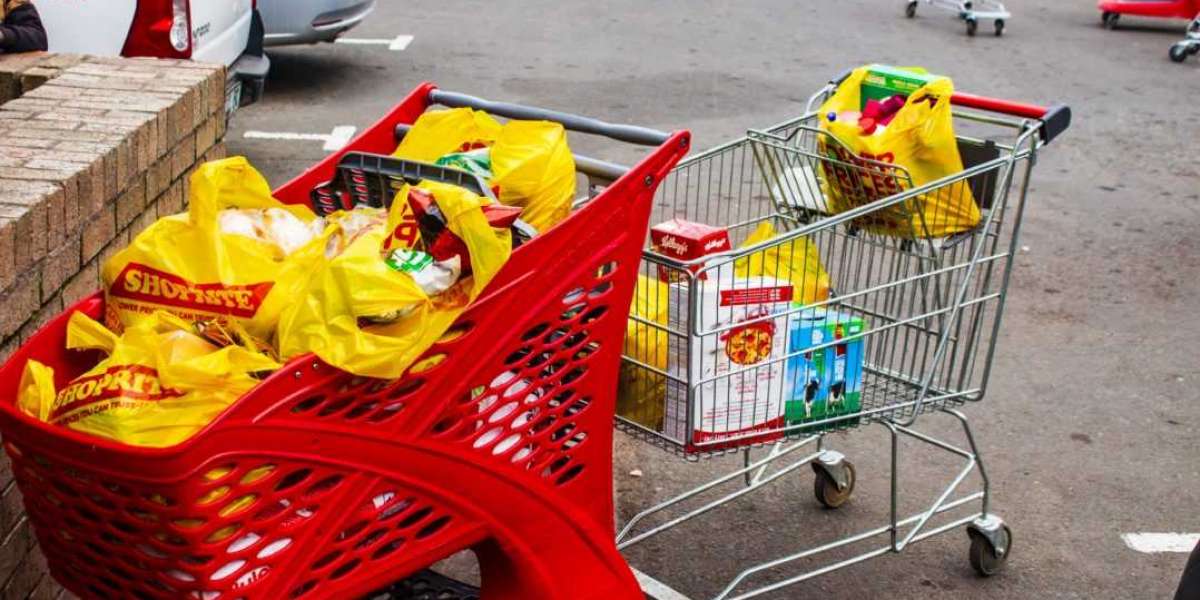This is the warning from Mervyn Abrahams, an economist at the Pietermaritzburg Economic Justice Group’s (PMBEJD) low-income food inflation index, who recently spoke to City Press about the current state of food supply to KwaZulu-Natal. Earlier this week, residents in several parts of the province and certain areas of Gauteng were queueing for hours to buy food, fuel, and other essentials from stores that were still standing after looters had ransacked scores of shopping centres and major retail outlets. Agriculture and transport organisations have warned that the burning of trucks and fields used for animal feed have further exacerbated the problem.
Many farmers have also been unable to get their fresh produce to retailers due to the unrest. PMBEJD previously found that food prices tended to be much higher in areas where it was difficult to distribute products. Abrahams said it could take the supply chain on the N3 — the major highway between Durban and Gauteng and one of South Africa’s most important trade routes — a week to ten days to recover. “We urgently need to repair supply lines. Farmers have produce they can’t store, and there’s been no way to get fresh produce from retailers this past week,” Abrahams said. “Demand will definitely exceed supply in the coming weeks, so we’ll see sharp price increases.” Abrahams added that PMBEJD already received complaints from the focus groups it uses for its food index that prices have risen sharply for food that is available.
Abrahams’ comments echo those of the agricultural organisation Agri SA, which has warned that food shortages could lead to surging prices. Earlier this week, the executive director of Agri SA Christo van der Rheede said the looting of shops, stoning of cars, blocking of roads, and burning of trucks and crops, and livestock theft were posing a serious threat to food security. “South Africans are very fortunate to receive fresh fruit, fresh meat, fresh vegetables on a daily basis,” he said. “If these supply chains are disrupted, there won’t be fresh produce in stores, and people will have to rely on frozen supplies.
But what do we do if we run out of that as well?” “South Africa runs the risk of people not being able to buy or access food,” van der Rheede said. “This will lead to hunger and starvation on a national scale, which in turn will fuel even more social unrest and mayhem.” Although there is likely to be a temporary impact on immediate availability and prices, various industry bodies have assured that there was more than enough food and fuel in the country overall. The government has also pleaded with people to stop panic buying. The impact on food prices will be particularly hard in KwaZulu-Natal. Residents of the province are accustomed to cheaper food prices than in other areas of the country due to their proximity to the Durban harbour, where most of South Africa’s imported goods enter the country.
The increases will put further strain on household budgets. A previous analysis from PMBEJD found that food prices in several South African cities and towns had already increased significantly over the last 10 months. Consumers’ wallets are also hurting due to the Covid-19 pandemic, which has led to job losses and salary cuts.








